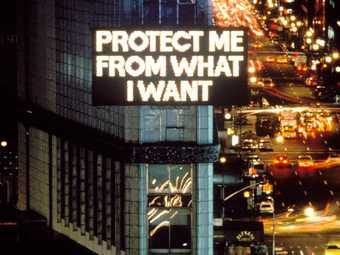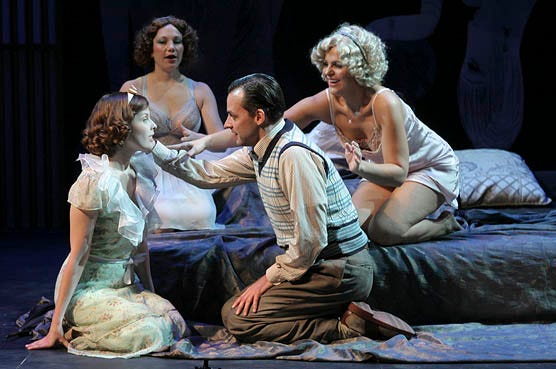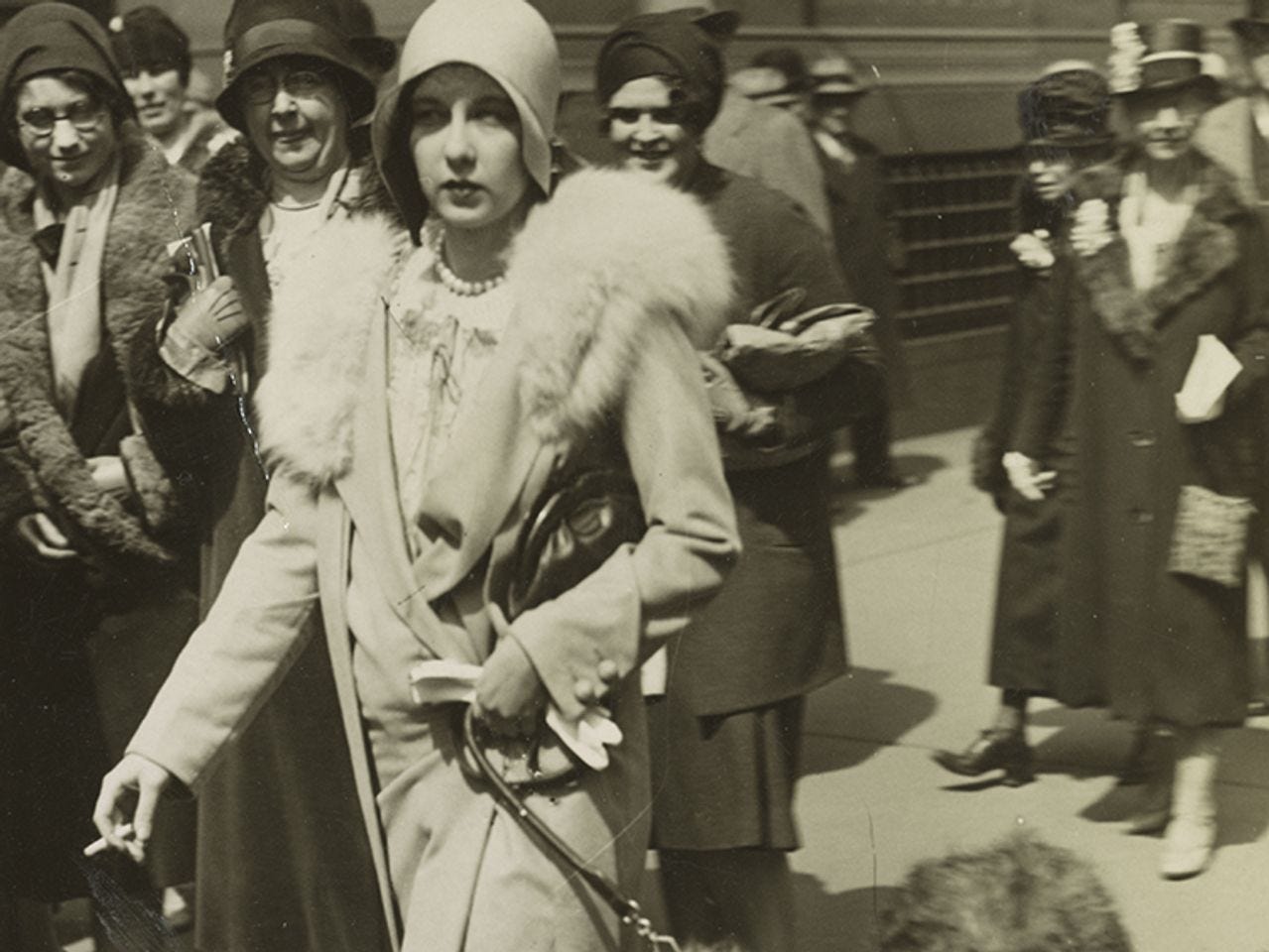Protect me from what I want
Choose your desires—Keeping up with the Joneses—Playing hard to get—Making cigarettes cool again
Hi all,
I’m currently participating in a unique sales assignment at work. The assignment works as follows. We each start with a single pen. In week 1, we must trade the pen for something else with a random stranger. Then, for each week thereafter, we must make at least one trade, hopefully accumulating better and better knickknacks as we go.
One of the lessons here is to get used to approaching strangers and cultivating a “just do it” mentality.
Another lesson is in the power of incremental gains. I hope to trade the pen for a lottery ticket. Hopefully I can trade that lottery ticket for a book, that book for a piece of art, and that piece of art for some real money…
Let’s see where it takes me.
—Brendan
This week’s note is on desire.
#1: “I'll be fine once I get it, yeah, I'll be good”
“Desire is a contract you make with yourself to be unhappy until you get what you want. I don't think most of us realize that’s what it is. I think we go about desiring things all day long and then wondering why we’re unhappy. So I like to stay aware of that because then I can choose my desires very carefully. I try not to have more than one big desire in my life at any given time.”
—Naval Ravikant, interview with Tim Ferriss
Some psychologists suggest happiness is reality minus expectations...what we actually get minus what we desired to get. That’s why it’s challenging to want too many things: it raises our expectations too high—to a point that reality could never exceed. Naval is reminding us to keep those wants in check.
There’s a second, critical point too. Naval still tries to have one big desire in his life at any given time, and I think that’s very important. He’s admitting that we still need at least one goal in life, something to keep us hungry and motivated.
#2: Keeping up with the Joneses
“We want what other people want because other people want it, and it’s penciled-in eyebrows all the way down, down to the depths of the nth circle of hell where we all die immediately of a Brazilian butt lift, over and over again.”
—Dayna Tortorici
I’ve been writing about mimetic desire a lot recently, and it’s what Dayna Tortorici is making fun of here. Mimetic desire is wanting what other people want. A Brazilian butt lift seems totally unsavory until two of your closest friends get one… and then they seem much happier now, and did you know the procedure doesn’t even require implants??
I’ve seen mimetic desire play out in my life in countless ways. I like to think that I choose what I want myself. I like to think I choose the movies I watch, the books I read, the career goals I set. In truth, those desires are strongly influenced by the other people I follow and trust—podcasters, mentors, peers.
Cristiano Ronaldo gets paid $1.6 million for each paid Instagram ad he runs. Marketers understand this too. If he likes something, chances are a lot of people who follow him will also like it.
#3: Playing hard to get
“O hell! to choose love by another’s eyes!”
—Hermia, Shakespeare’s A Midsummer Night’s Dream
The French thinker René Girard was dating a woman when she suggested they get married. He was so turned off about this suggestion that he broke up with her. Some time passed, and then he found out another man had started courting her. Thus, competitive juices. Girard suddenly grew interested in her again, but now she was the one turning him down.
So it goes.
Girard later realized this was just another example of mimetic desire. He suddenly desired to be with someone because another had desired her too. He was choosing love by another’s eyes.
#4: Making cigarettes cool again
“We are governed, our minds are molded, our tastes formed, our ideas suggested, largely by men we have never heard of.”
—Edward Bernays
In the 1920s, it was considered taboo for a woman to smoke in public. The president of the American Tobacco Company, George Hill, sensed a market opportunity. Could he soften this taboo and sell more cigarettes to the female market? He made a call to master manipulator and PR man Edward Bernays to help strategize.
Bernays understood the power of mimetic desire in influencing human behavior. His theory was that women would feel more comfortable smoking in public if they saw prominent, attractive women doing it first. Bernays just needed to get a group of prominent women to kickstart the trend.
Bernays targeted New York City’s Easter parade as the ideal event to make this happen. He hired roughly 30 of Manhattan’s most prominent debutantes to strut down the avenue, proudly whip out their Lucky Strikes on cue, and start casually smoking in front of the crowd. Some women on the sidelines joined in. (They too were planted by Bernays.) Bernays made sure the major newspapers captured every moment. Hundreds of photographs circulated across the county, capturing these women defiantly lighting their “torches of freedom”.
Cigarette sales of Lucky Strikes tripled in the next year.
One of my favorite lines in Fight Club is, “we buy things we don't need with money we don't have to impress people we don't like.” Perhaps that’s because some of the best psychologists in the world work for large corporations.
Thanks for reading! I love when these thoughts lead to conversations with readers. Did you find anything interesting or surprising? Reply to me and let’s have a dialogue.







